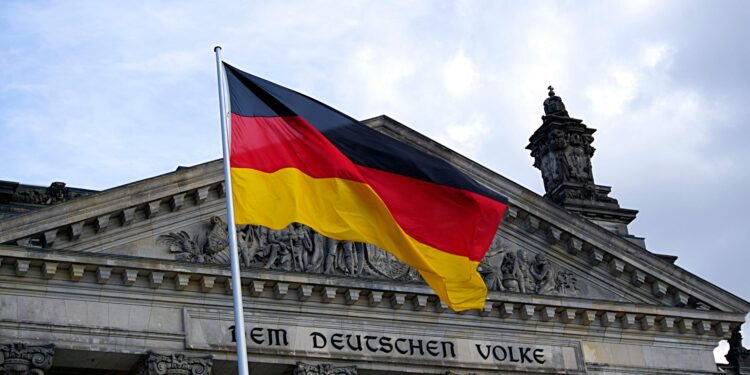On Monday, September 9th, the German government announced temporary controls at all of its land borders, expanding restrictions already in place. This decision, led by Interior Minister Nancy Faeser, is a response to increasing concerns over irregular migration and the rising threat of extremism. The new measures will be implemented on September 16th, and will last for six months as the country seeks to enhance its national security.
The expanded border controls are a reaction to recent security threats and the inability to fully secure the European Union’s external borders. Germany has seen an increase in migration, with over 30,000 individuals turned away since October of the previous year. The government argues that stricter national border controls are essential while the EU works on improving its asylum and border protection systems.
The controls will extend to Germany’s land borders with France, Luxembourg, the Netherlands, Belgium, and Denmark, in addition to current restrictions at the borders with Poland, the Czech Republic, Austria, and Switzerland. The government is particularly concerned about the dangers posed by Islamist terrorism and serious crime. Recent violent incidents, including a deadly knife attack by a Syrian asylum-seeker in Solingen, have heightened the urgency for action.
Chancellor Olaf Scholz’s coalition government has faced increasing pressure to address migration issues. Growing political support for far-right parties, like Alternative for Germany (AfD), has pushed the administration to take a tougher stance on immigration. The rise in irregular migration has sparked calls for stricter controls, not only to manage migration flows but also to protect the public from extremist violence.
Germany has been a major destination for refugees from the Middle East over the last decade, but public sentiment has shifted amid growing security concerns. Last year alone, over 350,000 people applied for asylum in Germany, a 50% increase from the previous year. The largest groups of applicants came from Syria, Turkey, and Afghanistan.
The expanded border controls are expected to be part of broader efforts by Germany to balance the need for humanitarian support with maintaining security and public safety. The government is also committed to resuming deportations of individuals deemed to pose a threat, particularly those involved in criminal activities. The measures reflect Germany’s ongoing struggle to address complex migration issues while ensuring the safety of its citizens.









